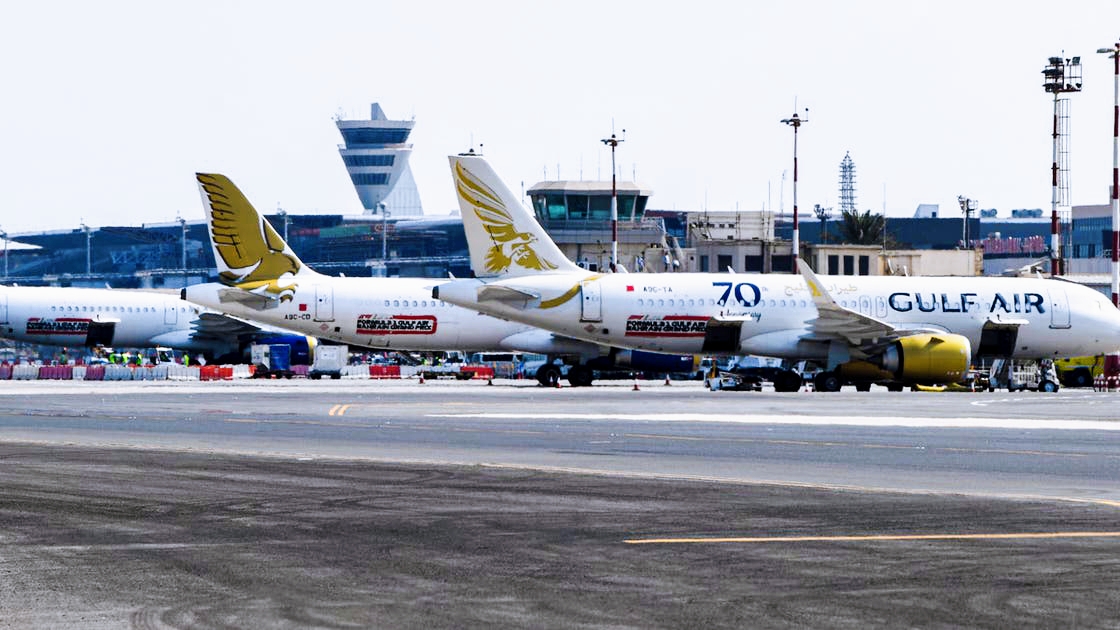In a development signaling a return to relative stability in the Arabian Gulf region, the Kingdom of Bahrain announced on Monday evening the full reopening of its airspace to civilian air traffic, following a temporary closure imposed by recent security developments, in the aftermath of Iranian strikes targeting US military bases in Qatar and Iraq.
This announcement came hours after Dubai airports confirmed the resumption of their flights, with warnings of possible delays due to the repercussions of the temporary closure and air congestion in the region.
The General Directorate of Civil Aviation in Kuwait also announced the resumption of air traffic and the return of flights at Kuwait International Airport to normal, confirming through a post on the "X" platform that the decision was made "after ensuring the stability of the situation in the airspace surrounding the State of Kuwait".
Meanwhile, Etihad Airways stated that it had redirected some flights today and tomorrow, not ruling out the possibility of canceling or delaying other flights in the coming days, emphasizing in an official statement that it is closely monitoring security developments and will not operate any flight until ensuring the safety of air routes.
Etihad Airways, based in Abu Dhabi, emphasized that "the safety of passengers and crew remains its top priority" and that it is working in full coordination with relevant authorities to keep up with any possible developments.
On the other hand, EgyptAir announced the suspension of its flights to the Gulf countries until further notice, amidst escalating security tensions following the Iranian strikes targeting Al-Udeid Air Base in Qatar and Ain al-Asad in Iraq, where US troops are stationed.
This strike is a direct response to recent US attacks on Iranian nuclear sites.
It is worth noting that these developments come in the context of unprecedented tension in the region, reflected widely in air navigation, amid fears of further escalation.

